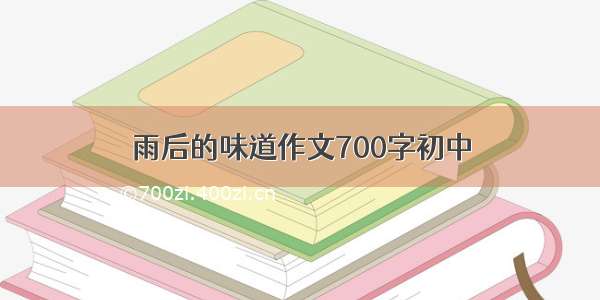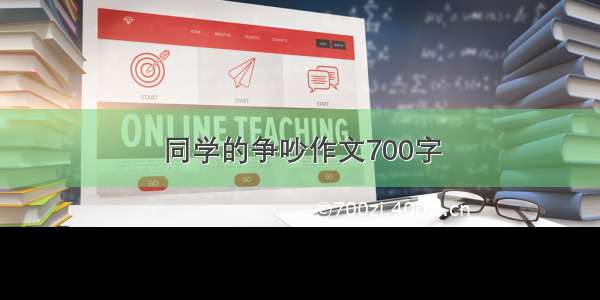
关于大豆、牛奶摄入量与乳腺癌风险的现有研究结果互相矛盾,而且现有研究未对大样本消费者牛奶和大豆摄入量的共同影响进行定量分析。
2月25日,国际流行病学会《国际流行病学杂志》在线发表美国加利福尼亚基督复临安息日会罗马林达大学的研究报告,探讨了大样本消费者牛奶和大豆摄入量对女性乳腺癌风险的共同影响。基督复临安息日会是基督教的教派之一,该教派信徒除了遵从旧约有关不洁动物的饮食规定,还强调健康饮食、大力推崇素食疗法。
该队列研究于2002~从美国和加拿大全国各地基督复临安息日会信徒入组年龄≥30岁(平均年龄57.1岁)无癌女性5万2795例,其中黑人占29.7%。通过食物频次调查问卷,计算牛奶、大豆等饮食摄入量,并记录年龄、种族、乳腺癌家族史、体力运动、吸烟史、饮酒、口服避孕药、绝经后激素补充史、乳腺癌筛查史、月经史、生育史、哺乳史、体重指数等数据。与当地癌症登记数据库进行关联,对新发乳腺浸润癌进行随访。将摄入量十等分,通过多因素比例风险回归模型,对其他影响因素进行校正以后,比较摄入量最高与最低十分之一女性的乳腺癌风险比和95%置信区间。
结果,平均7.9年随访期间,新发乳腺浸润癌1057例。
对牛奶制品摄入量进行校正以后,大豆制品摄入量最高十分之一女性与最低十分之一女性相比,乳腺癌风险相似。
不过,对大豆制品摄入量进行校正以后,摄入量最高十分之一女性与最低十分之一女性相比:
牛奶制品
乳腺癌风险高22%(风险比:1.22,95%置信区间:1.05~1.40,P=0.008)
绝经后乳腺癌风险高23%(风险比:1.23,95%置信区间:1.05~1.45,P=0.011)
绝经前乳腺癌风险相似(风险比:1.20,95%置信区间:0.80~1.80,P=0.37)
牛奶
乳腺癌风险高50%(风险比:1.50,95%置信区间:1.22~1.84,P<0.001)
绝经后乳腺癌风险高54%(风险比:1.54,95%置信区间:1.22~1.93,P<0.001)
绝经前乳腺癌风险相似(风险比:1.38,95%置信区间:0.77~2.46,P=0.28)
全脂牛奶
乳腺癌风险高51%(风险比:1.51,95%置信区间:1.16~1.98,P=0.002)
绝经后乳腺癌风险高53%(风险比:1.53,95%置信区间:1.14~2.07,P=0.005)
绝经前乳腺癌风险相似(风险比:1.49,95%置信区间:0.69~3.19,P=0.31)
低脂牛奶
乳腺癌风险高53%(风险比:1.53,95%置信区间:1.24~1.88,P<0.0001)
绝经后乳腺癌风险高55%(风险比:1.55,95%置信区间:1.23~1.94,P=0.0002)
绝经前乳腺癌风险相似(风险比:1.59,95%置信区间:0.88~2.88,P=0.13)
奶酪
乳腺癌风险相似(风险比:0.89,95%置信区间:0.69~1.14,P=0.35)
酸奶
乳腺癌风险相似(风险比:0.98,95%置信区间:0.82~1.17,P=0.80)
用豆奶取代牛奶
乳腺癌风险低32%(风险比:0.68,95%置信区间:0.55~0.85,P=0.001)
奶类或牛奶摄入量最高与最低的十分之一女性相比,雌激素受体阳性或阴性、孕激素受体阳性或阴性的乳腺癌风险相似。
因此,该研究结果表明,对大豆制品摄入量进行校正以后,牛奶摄入量较高与较低的女性相比,绝经后乳腺癌风险显着增加,故有必要对现有的牛奶摄入量指南进行重新审视,并对其他女性人群进行验证。
相关阅读
粗粮和奶制品摄入量与乳腺癌死亡风险
奶酪可能增加乳腺癌风险,酸奶可能减少乳腺癌风险
牛、牛奶、牛肉、病毒与乳腺癌
牛奶制品摄入量与乳腺癌发生风险
植物疗法与绝经后症状:系统回顾与荟萃分析
不限制脂肪摄入的地中海饮食可降低乳腺癌风险
高脂饮食模式增加乳腺密度,可能增加乳腺癌风险
乳腺癌康复者地中海抗炎饮食干预
热性饮食可能增加乳腺癌发病率
中国学者荟萃分析膳食蛋白质来源与乳腺癌风险的相关性
中国女性乳腺癌风险与饮食模式的人群病例对照研究
中国人群病例对照研究发现饮食习惯与乳腺癌的相关性
中国乳腺癌患者生活方式指南
中国乳腺癌预防科普宣教专家共识
膳食与乳腺癌患病率相关研究进展
膳食与乳腺癌发病及其预防
童年饮食与青年良性乳腺疾病风险
Int J Epidemiol. Feb 25. [Epub ahead of print]
Dairy, soy, and risk of breast cancer: those confounded milks.
Fraser GE, Jaceldo-Siegl K, Orlich M, Mashchak A, Sirirat R, Knutsen S.
Loma Linda University, Loma Linda, CA, USA.
BACKGROUND: Associations between soy, dairy intakes and breast cancer risk are inconsistent. No studies exist with large numbers of dairy consumers and soy consumers to assess mutual confounding.
METHODS: The study cohort contains 52 795 North American women, initially free of cancer, followed for 7.9 years (29.7% were Black). Dietary intakes were estimated from food frequency questionnaires and, for 1011 calibration study subjects, from six structured 24-h dietary recalls. Incident invasive breast cancers were detected mainly by matching with cancer registries. Analyses used multivariable proportional hazards regression.
RESULTS: The participants (mean age of 57.1 years) experienced 1057 new breast cancer cases during follow-up. No clear associations were found between soy products and breast cancer, independently of dairy. However, higher intakes of dairy calories and dairy milk were associated with hazard ratios (HRs) of 1.22 [95% confidence interval (CI): 1.05-1.40] and 1.50 (95% CI 1.22-1.84), respectively, comparing 90th to 10th percentiles of intakes. Full fat and reduced fat milks produced similar results. No important associations were noted with cheese and yogurt. Substituting median intakes of dairy milk users by those of soy milk consumers was associated with HR of 0.68 (95% CI: 0.55-0.85). Similar-sized associations were found among pre- and post-menopausal cases, with CIs also excluding the null in estrogen receptor (ER+, ER-), and progesterone receptor (PR+) cancers. Less biased calibrated measurement-error adjusted regressions demonstrated yet stronger, but less precise, HRs and CIs that still excluded the null.
CONCLUSIONS: Higher intakes of dairy milk were associated with greater risk of breast cancer, when adjusted for soy intake. Current guidelines for dairy milk consumption could be viewed with some caution.
KEYWORDS: Soy isoflavones; Western population; breast cancer; meat analogues; soy intake; soy milk; tofu
PMID: 32095830
PII: dyaa007
DOI: 10.1093/ije/dyaa007
















